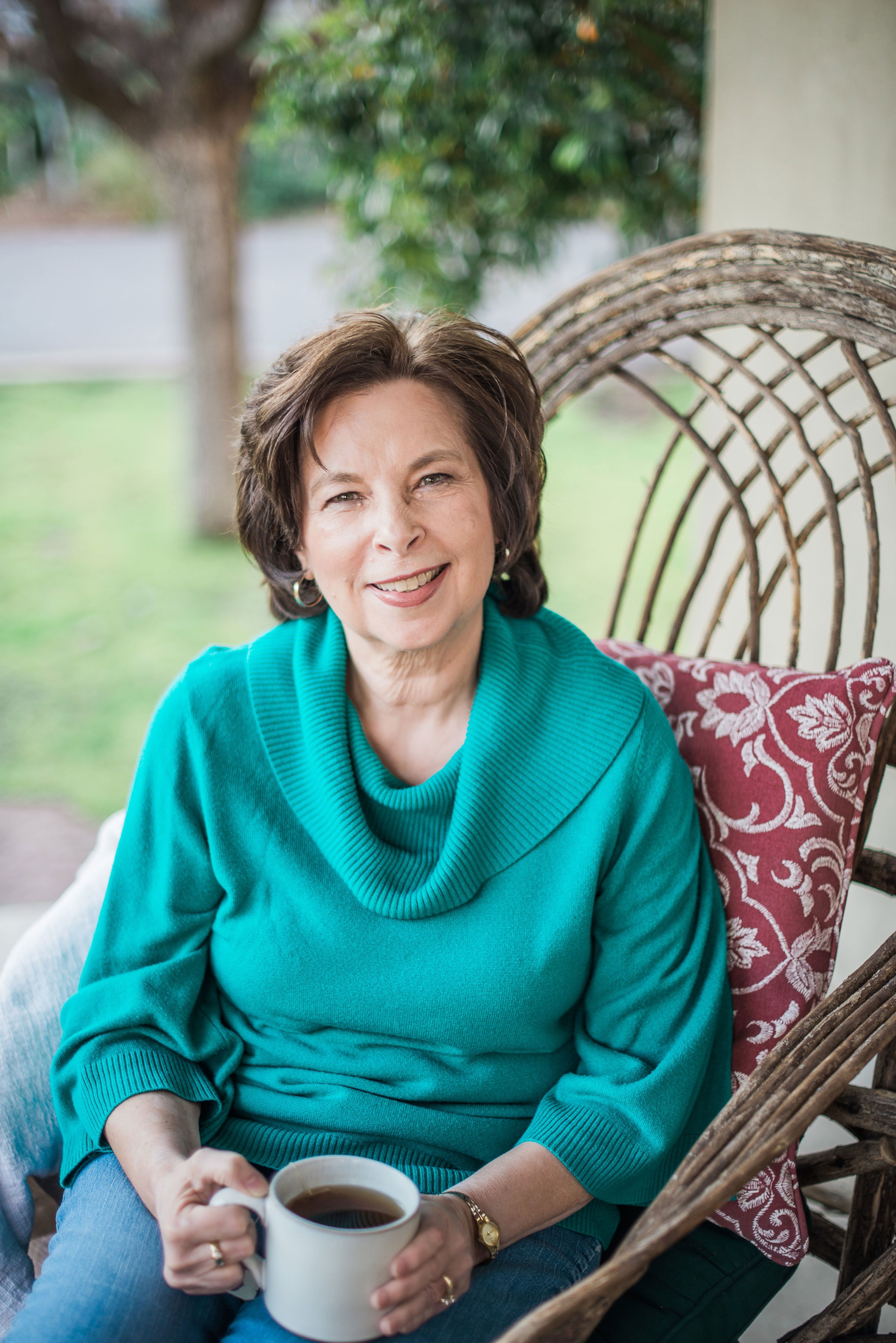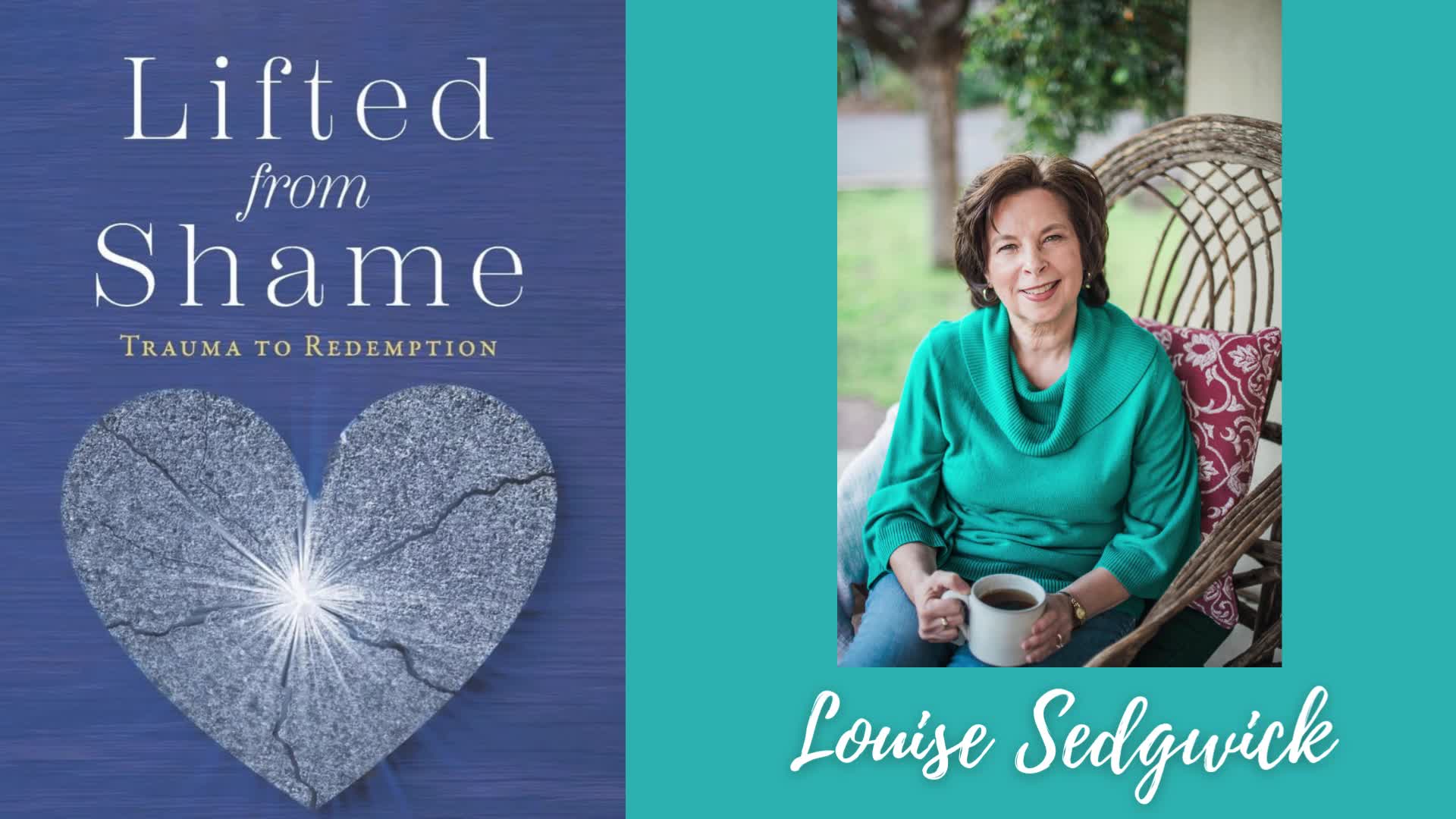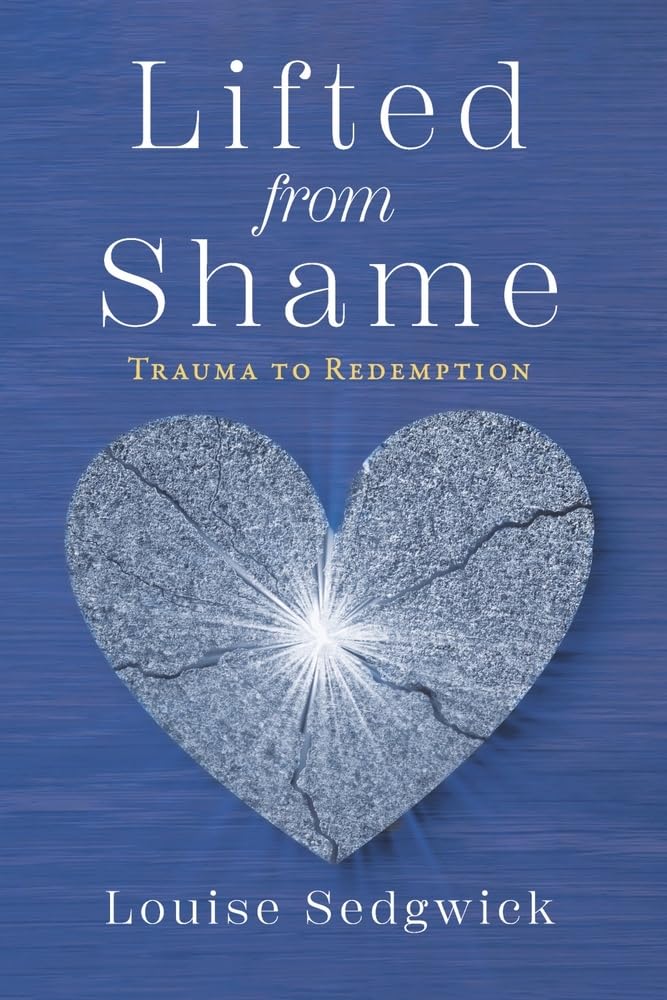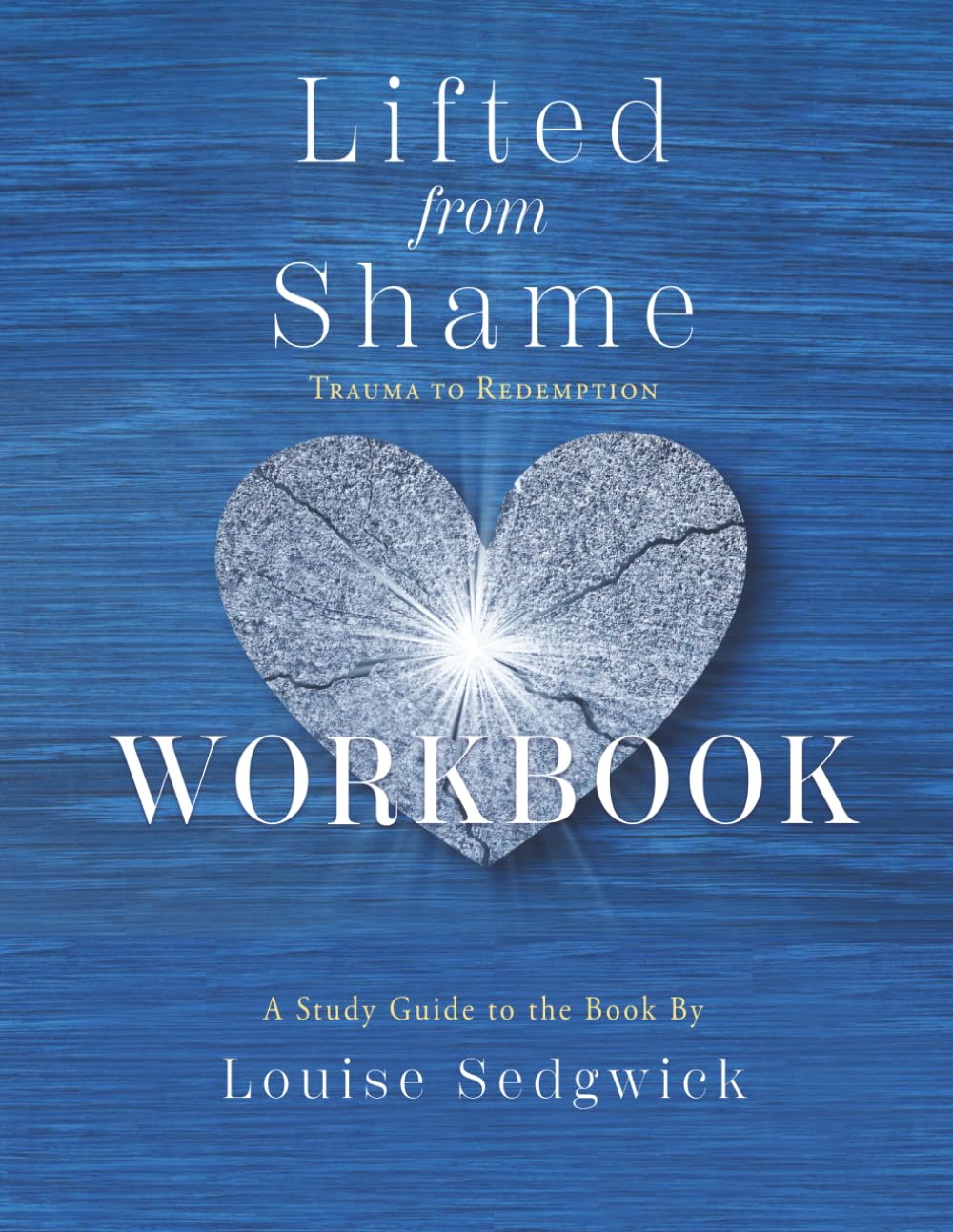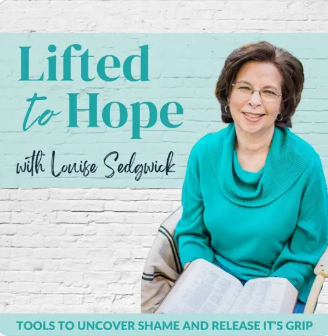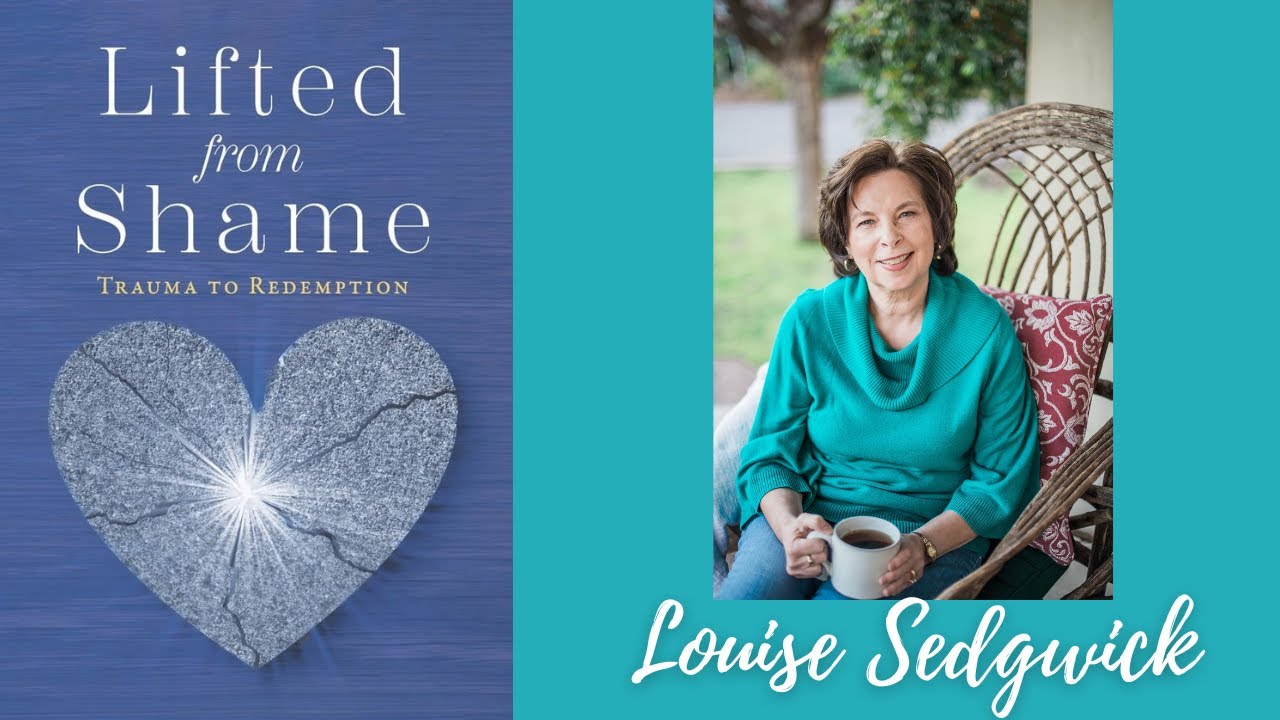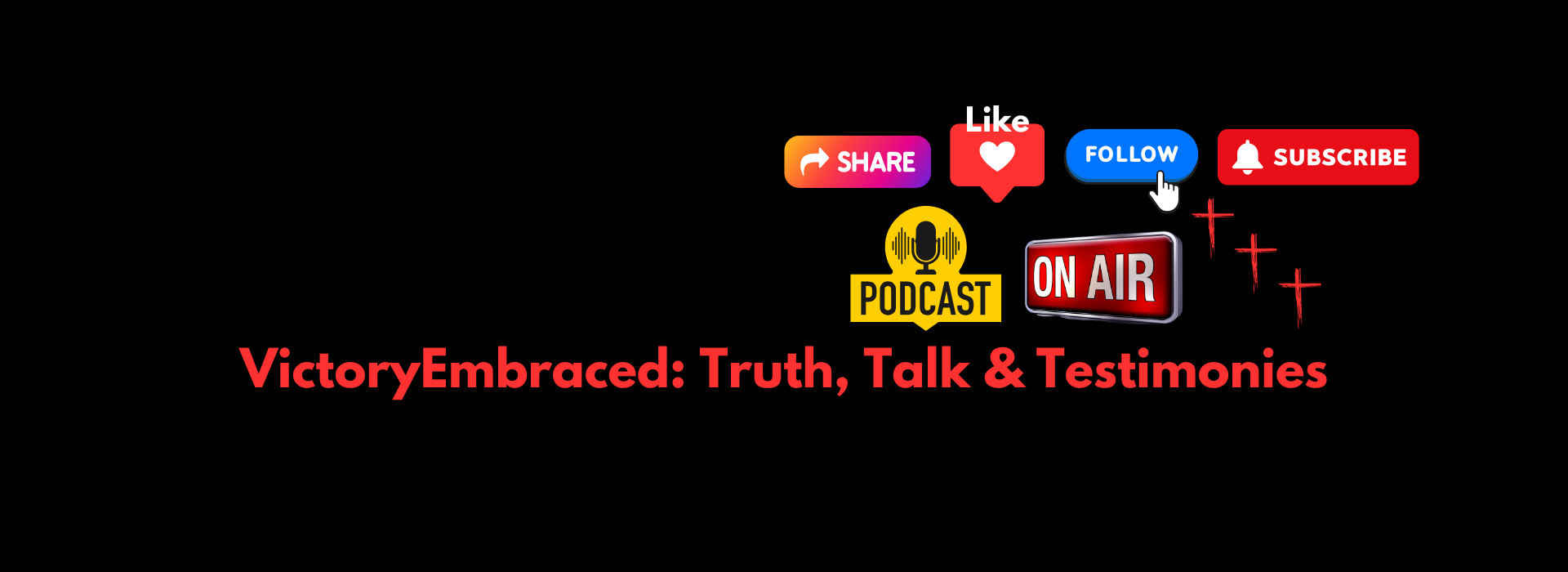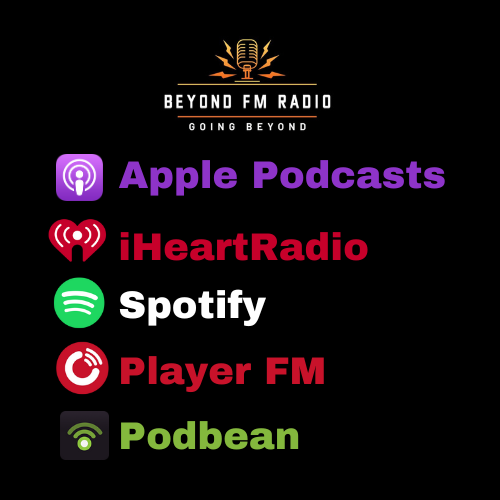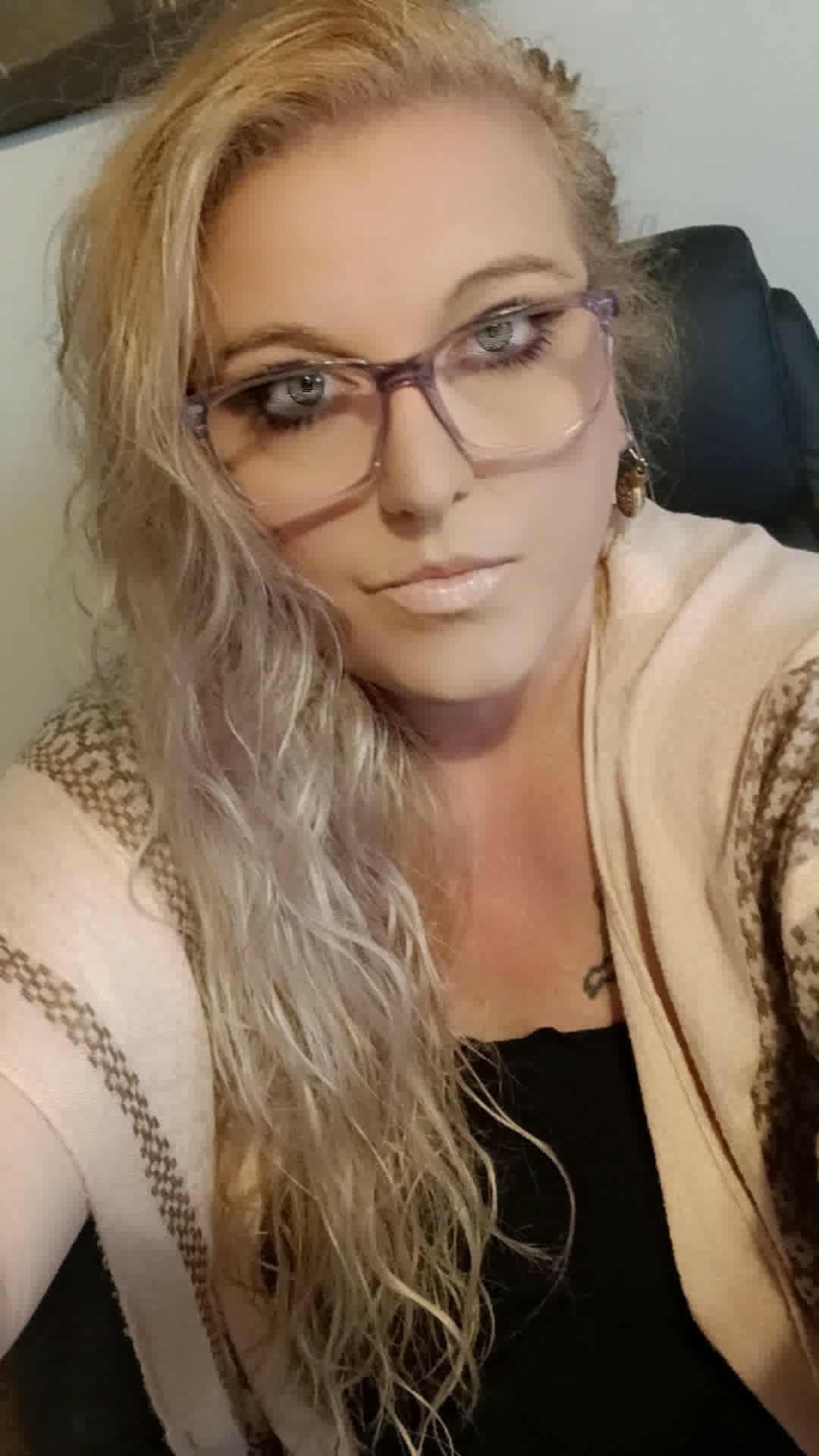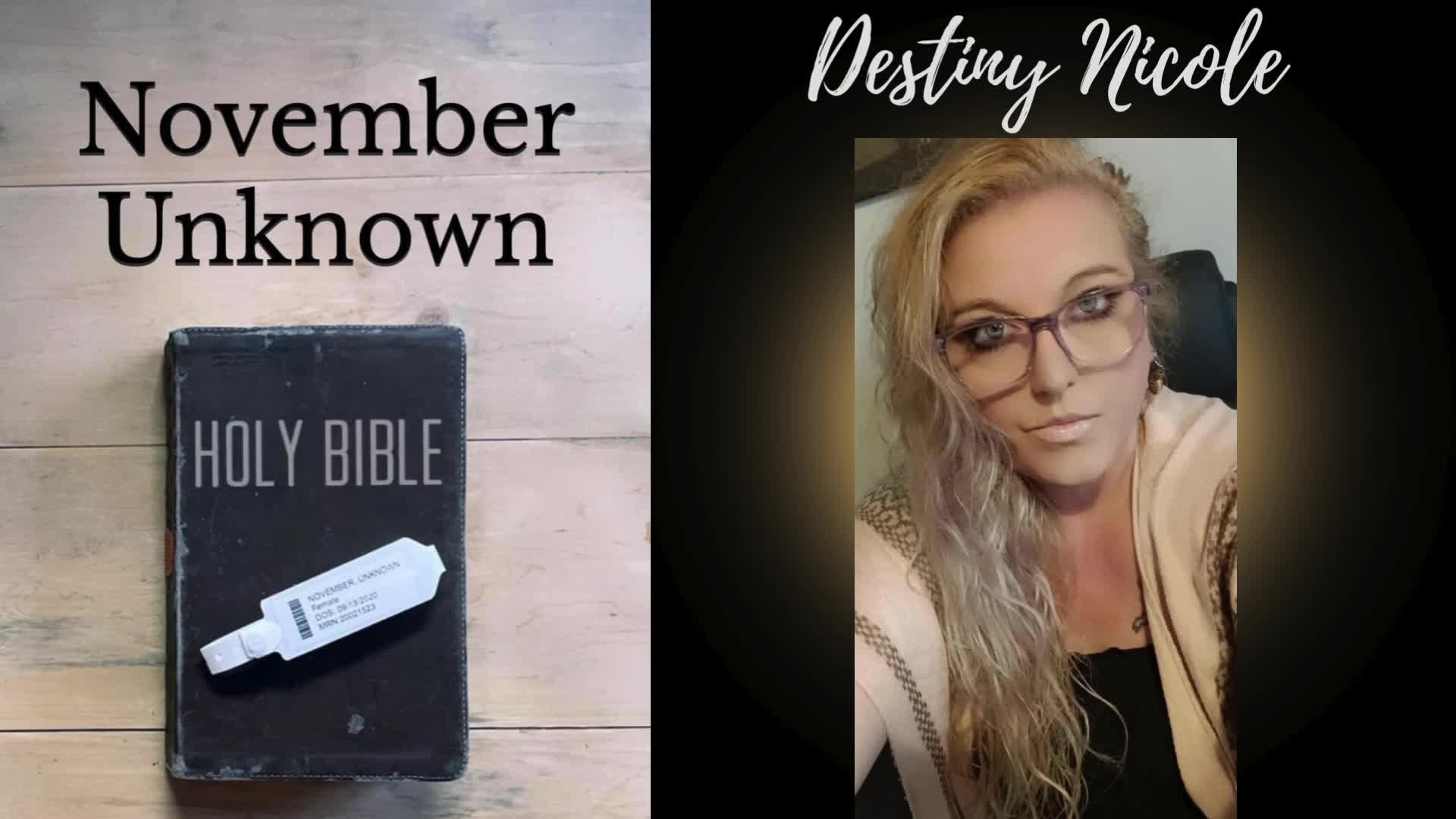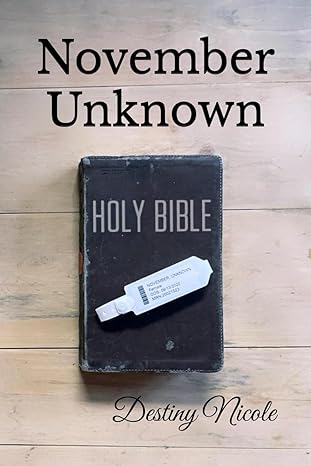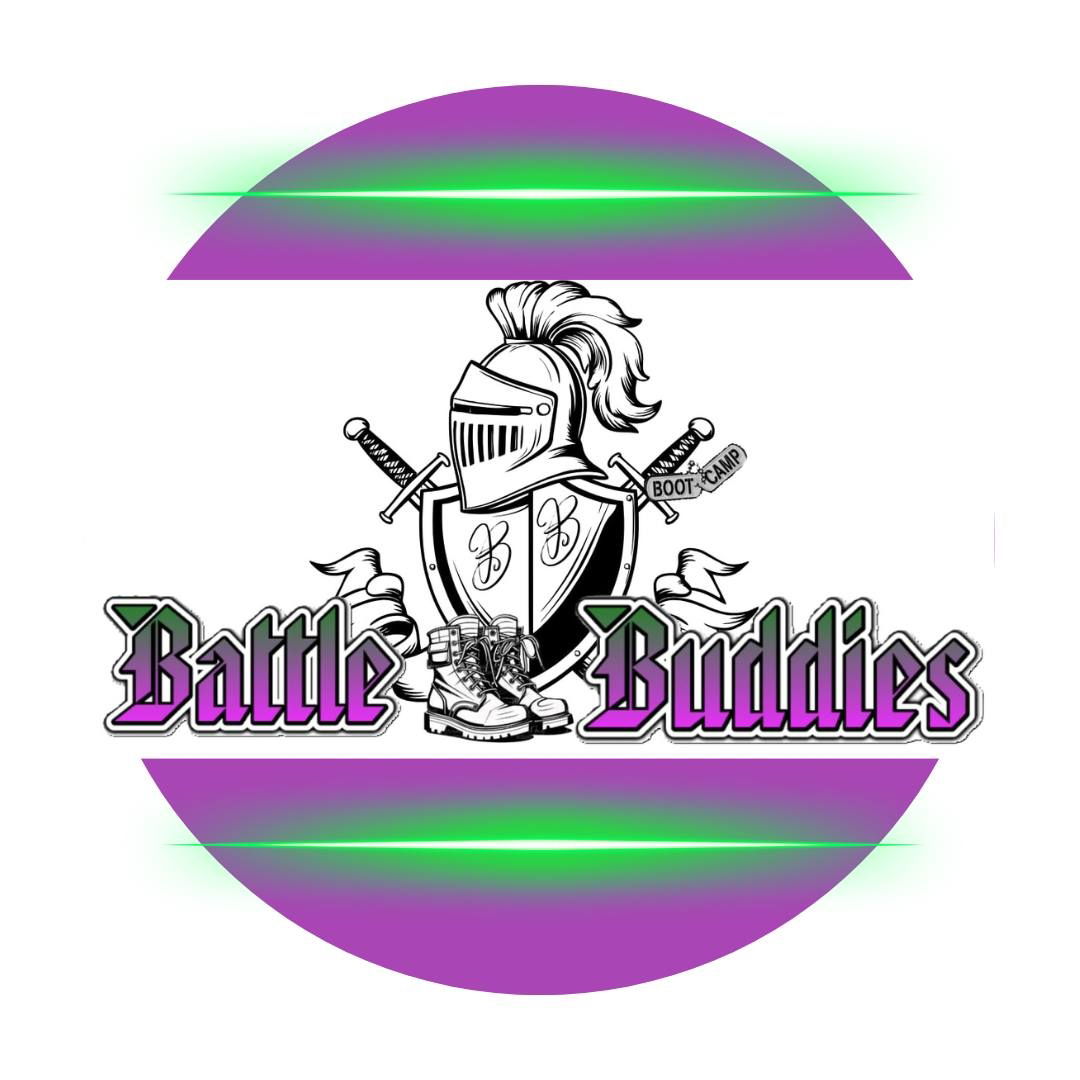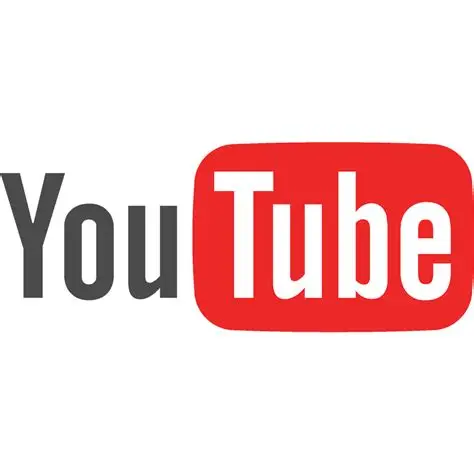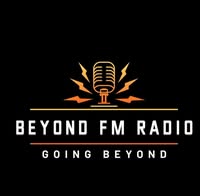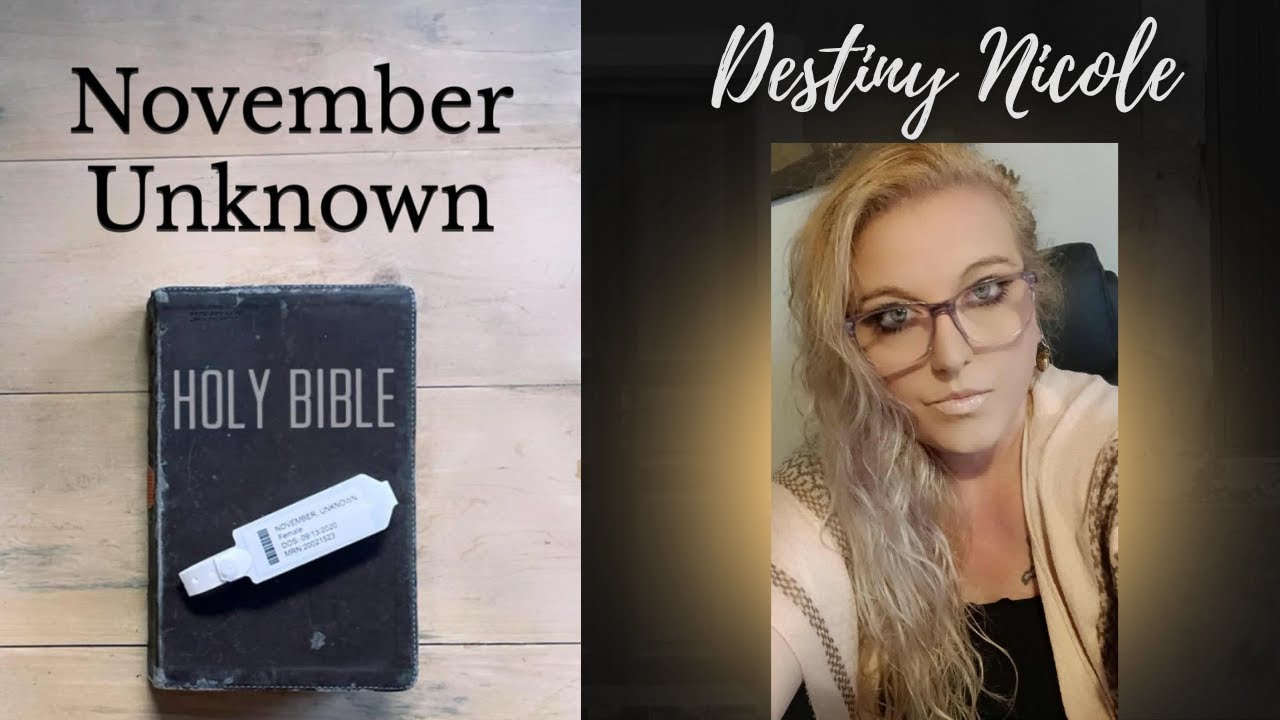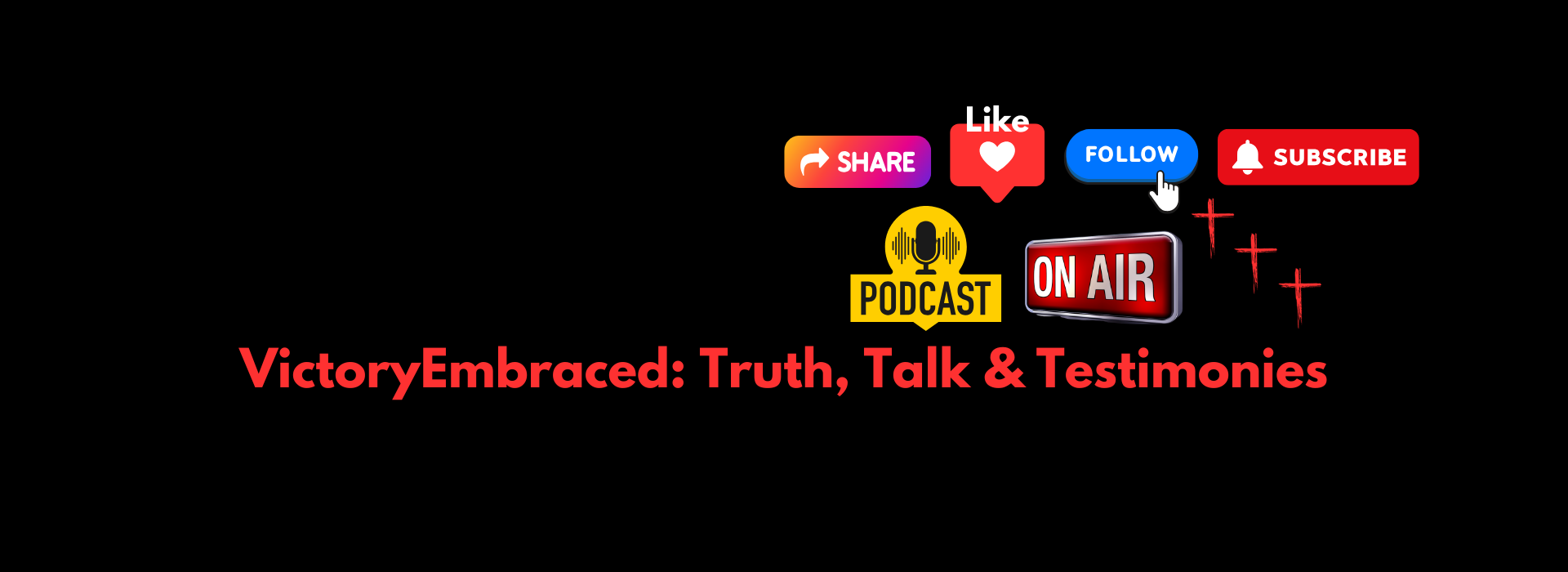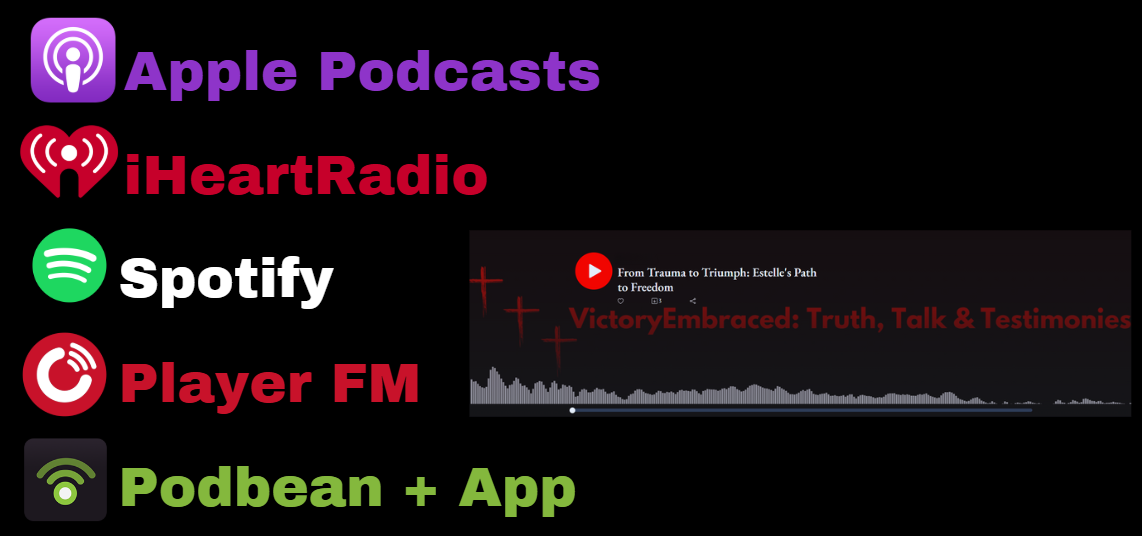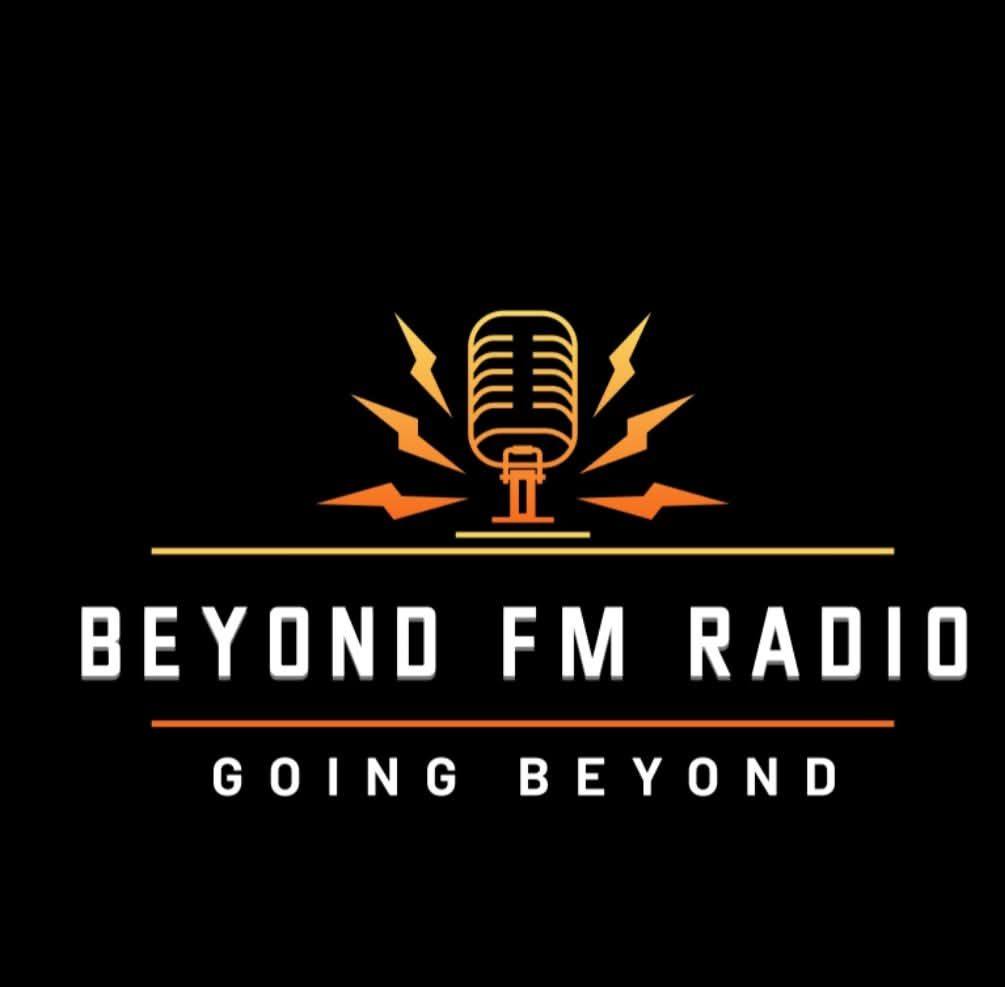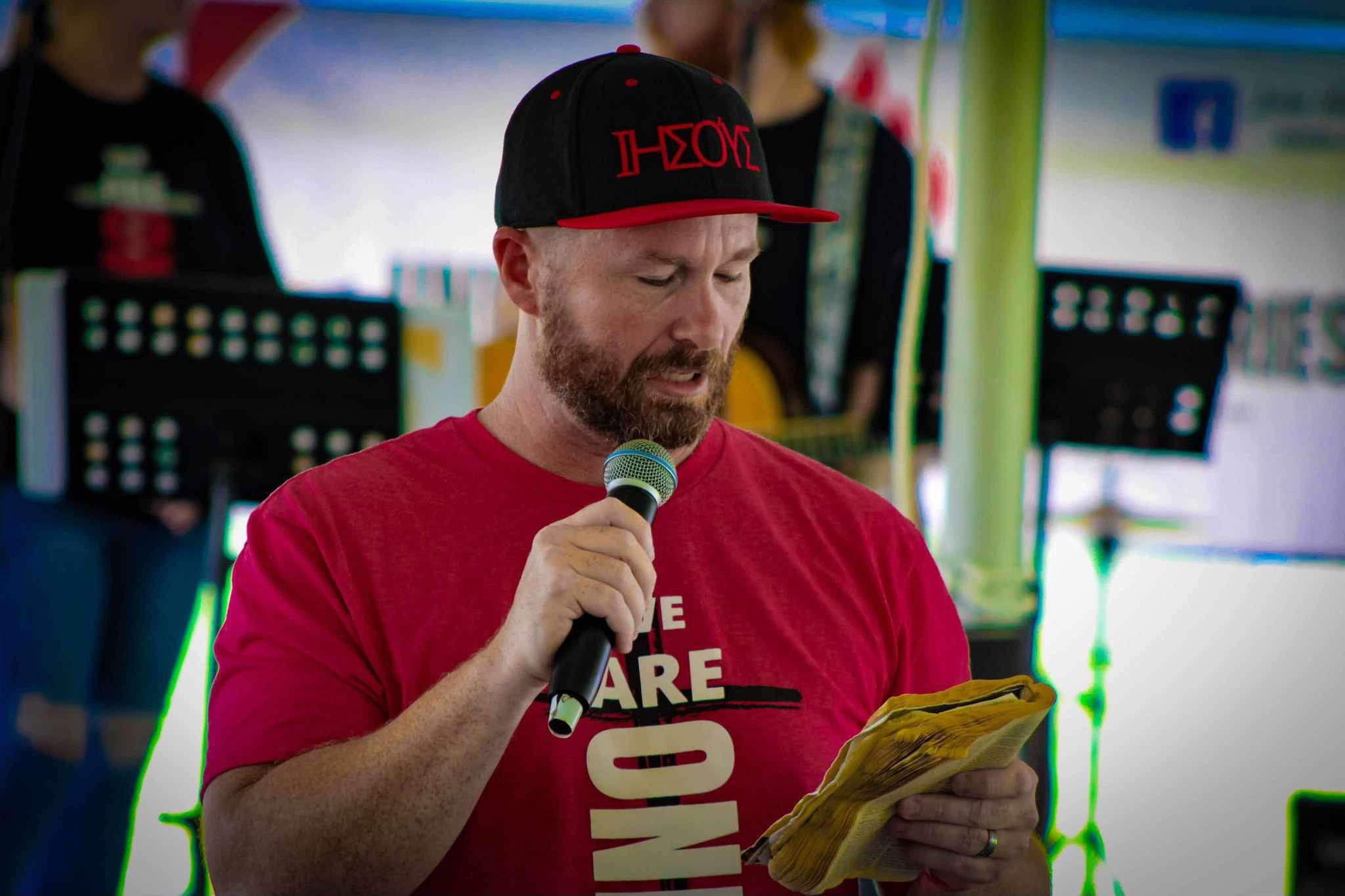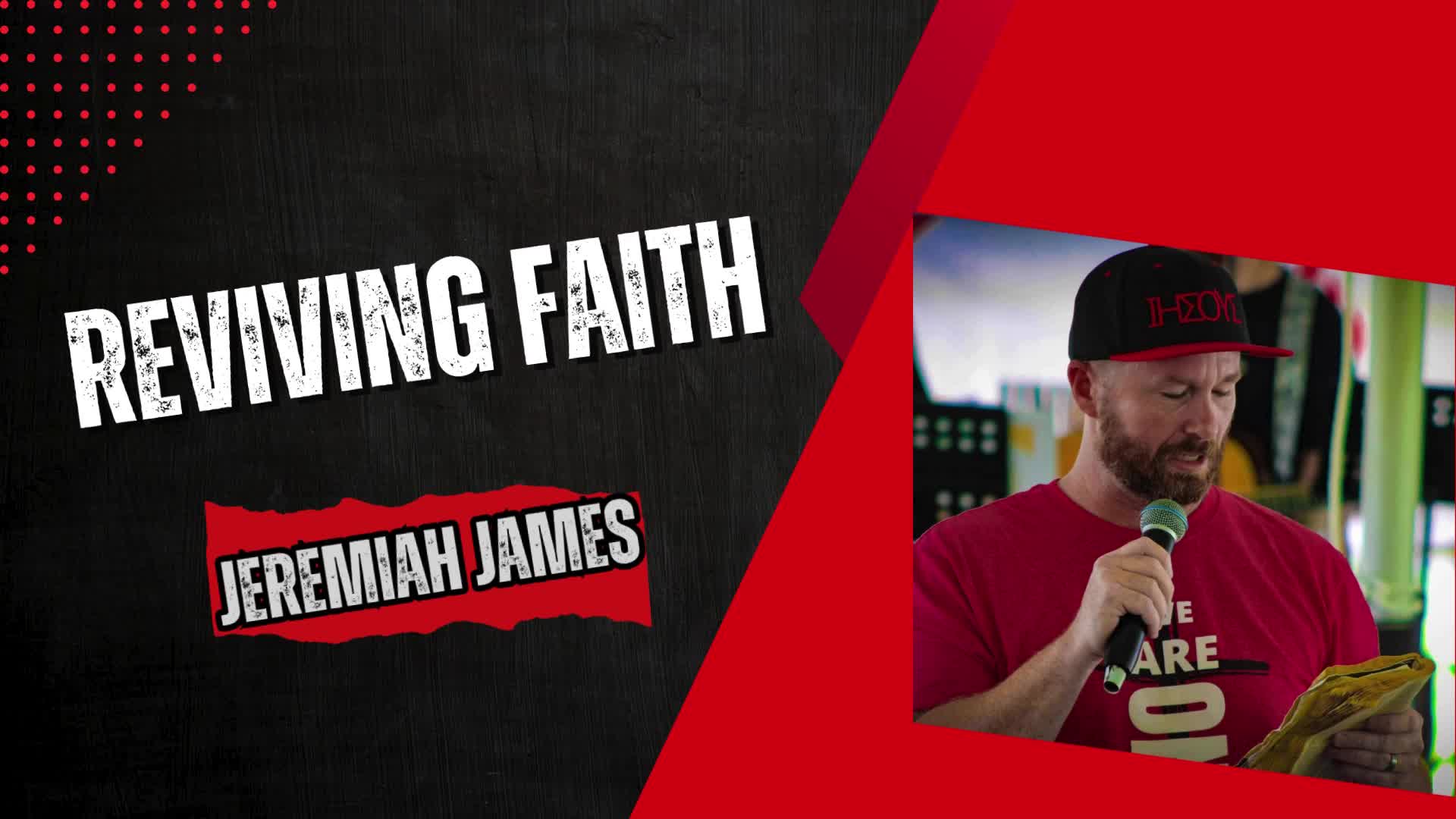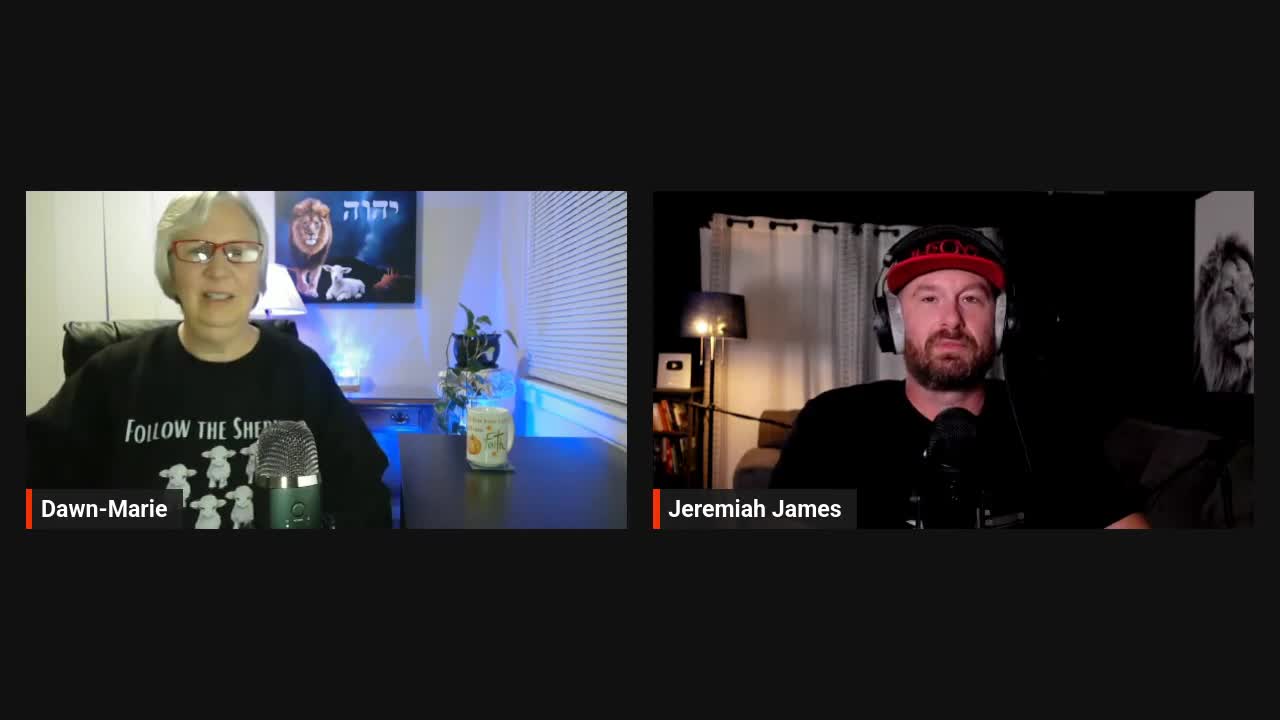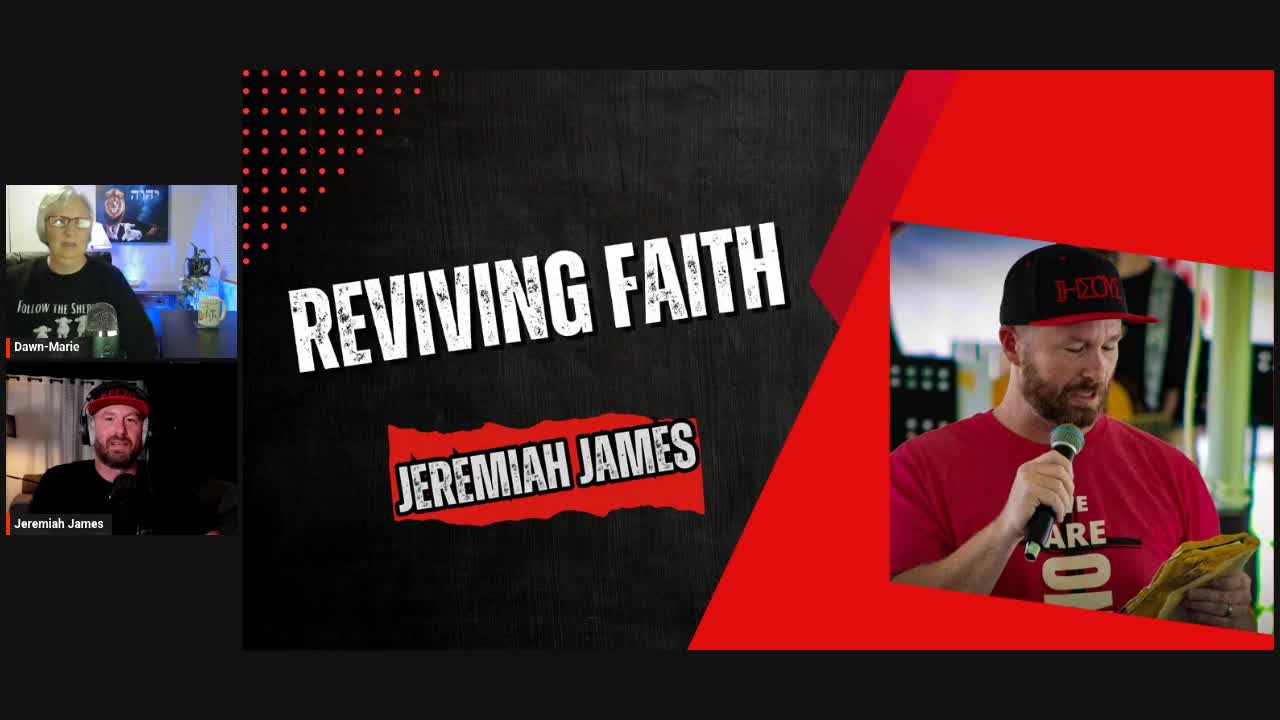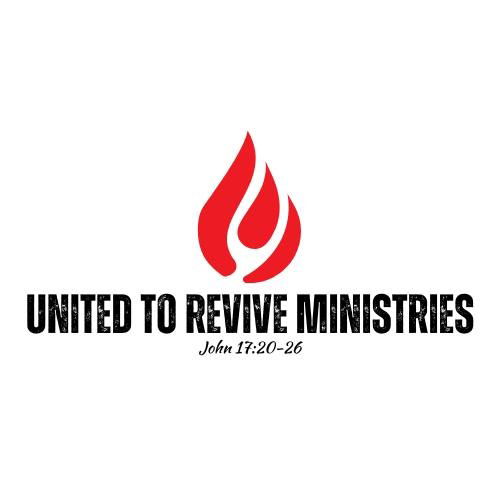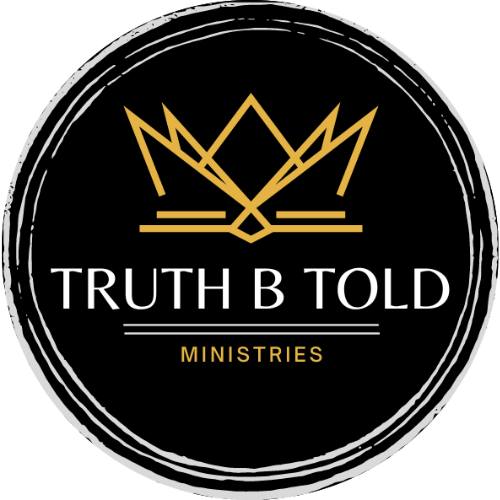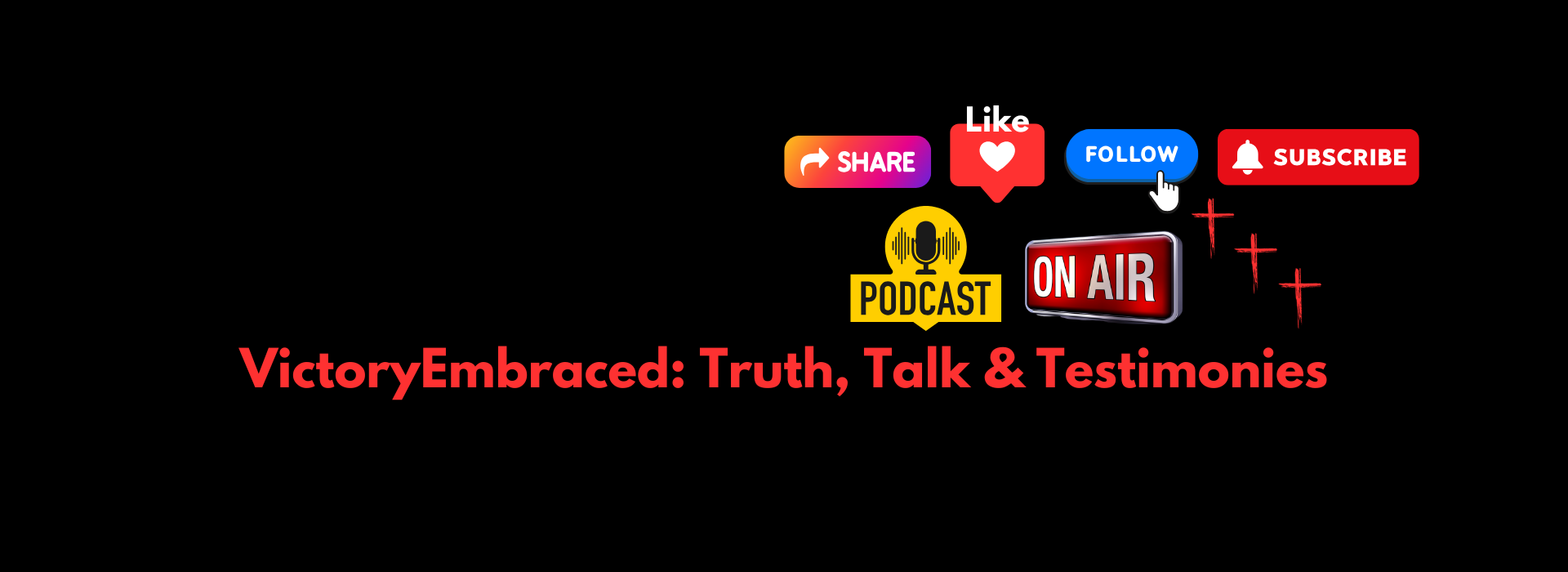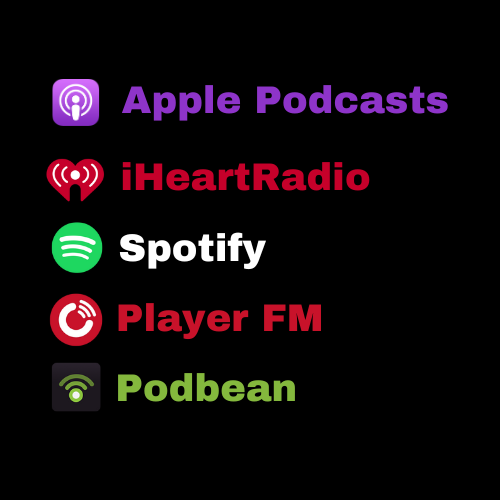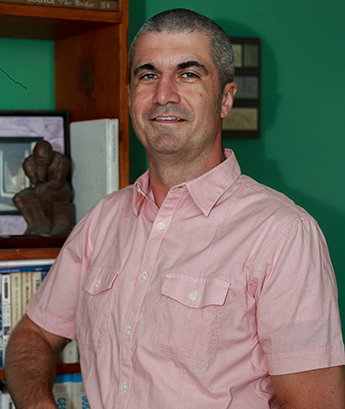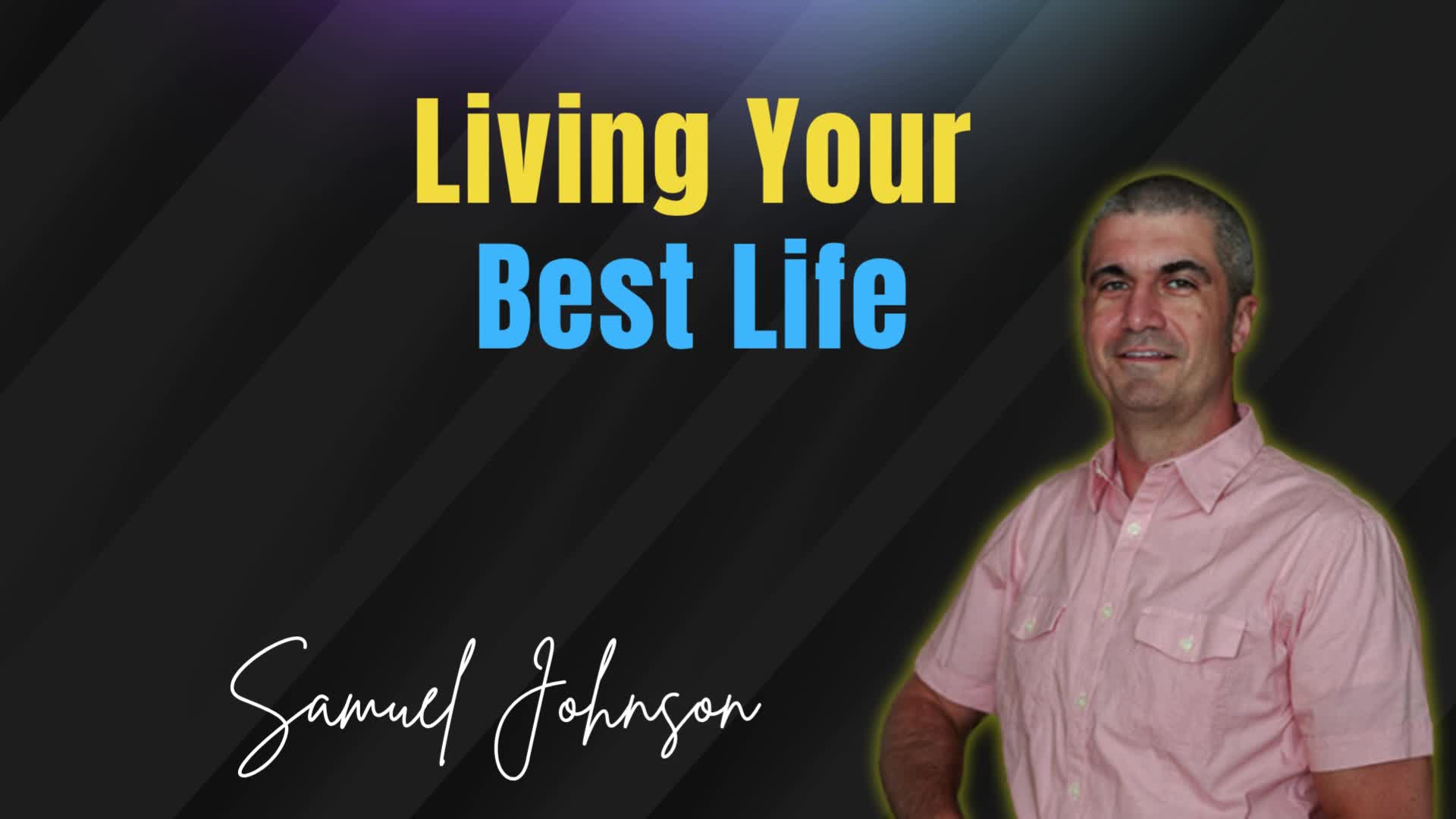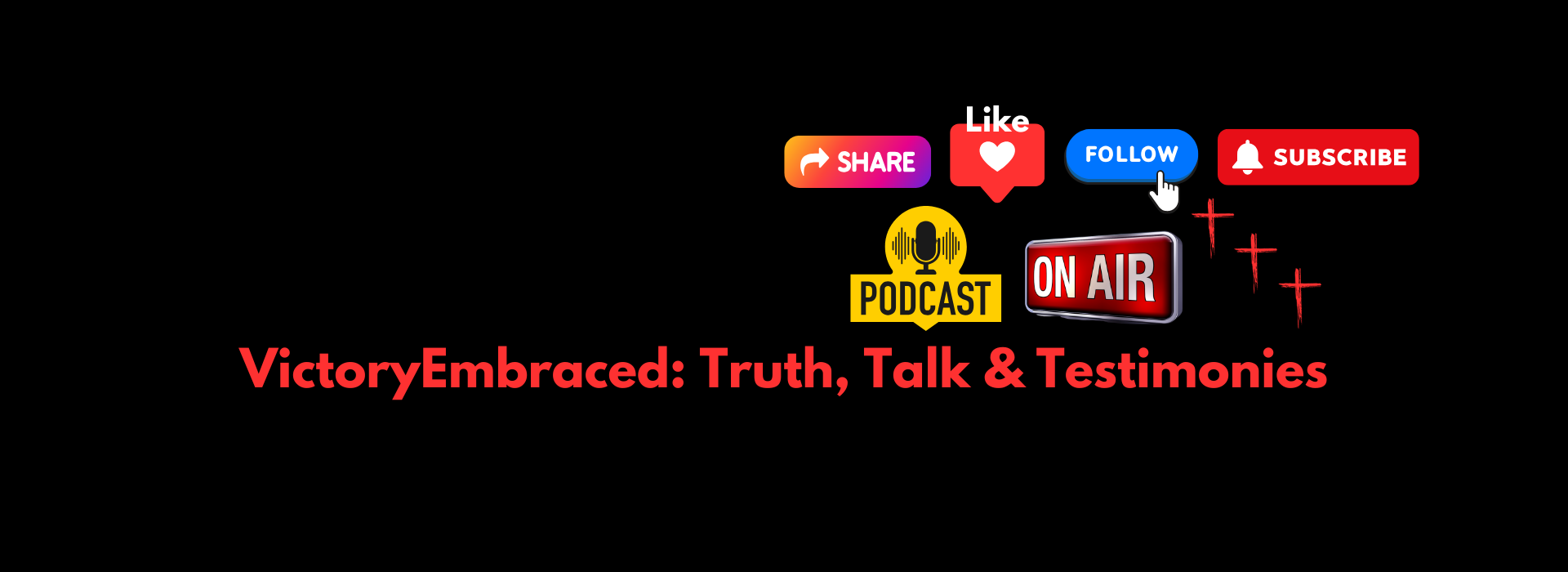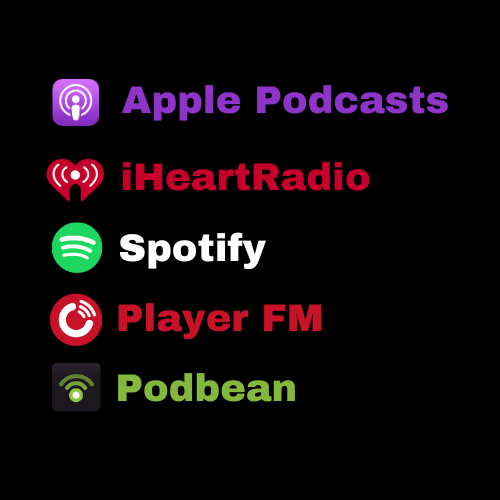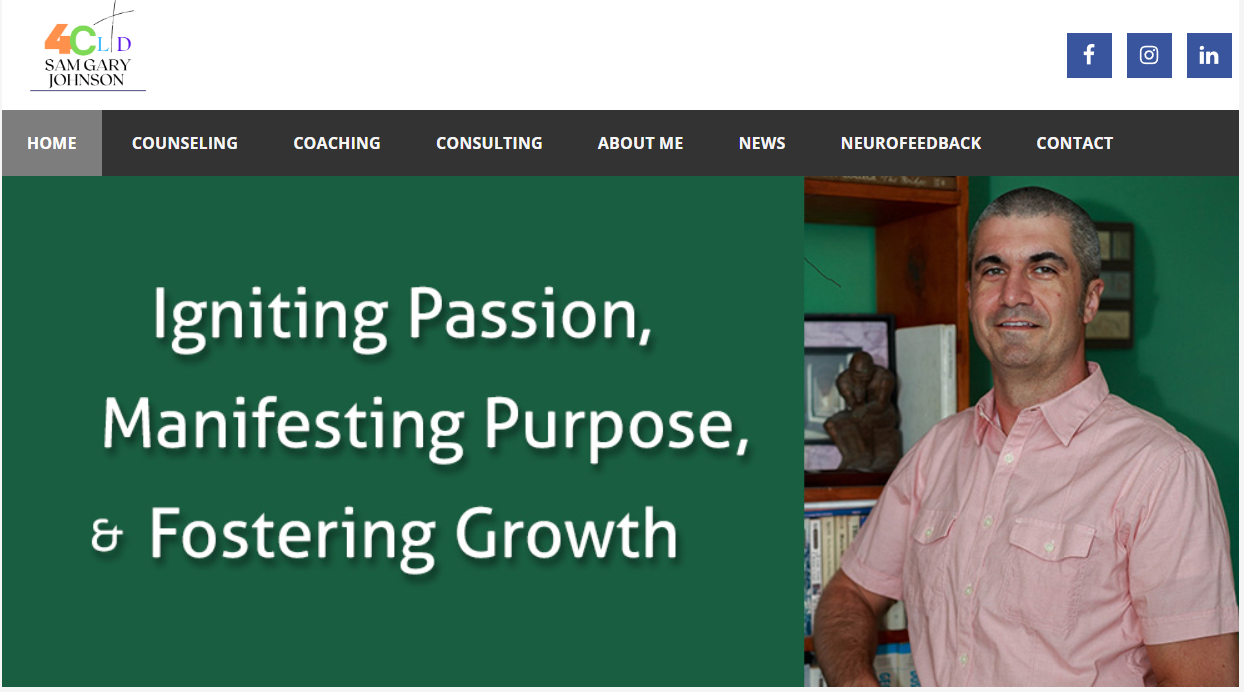Louise Sedgwick grew up in a home where her parents were church leaders, but behind closed doors, she endured abuse and trauma. She gave her life to Christ young, but carried anger and shame for years. Slowly, God brought healing through the cross, and she found redemption as she served others, helping them experience freedom from shame.
Louise Sedgwick
Author, Teacher, and Podcaster
Your childhood story is both heartbreaking and powerful. How did your experiences shape your faith and your understanding of God? Can you share about your childhood?
Yes, I can do that. Sharing my childhood story is always painful, even though I’ve told it many times; it never gets easier. My parents raised my siblings and me in the Midwest and took us to church every time the doors were open. My parents were visible church leaders and respected in the community. But what happened at home was very different. My father sexually abused me throughout my entire childhood and sold me to other men—now they call it trafficking. They didn’t call it that when I was young—they just sold me, and we had to participate in child pornography. It was a very severe abuse and evil. And so you can imagine the conflict and confusion for me as a little girl, who was at conservative evangelical churches, where I heard the gospel, and I accepted Jesus as my Savior when I was little. Still, the turmoil of the double life that we lived was very confusing.
When I went to church camp as a junior high schooler, I gave my life to Christ fully and said, “God, use me big for your kingdom purposes. I will be yours for the rest of my life.” And so here I was, having this desire to honor God with my life, serve Him, and be about His kingdom. And yet I had this literal terror going on at home, every day, every night, and I didn’t know that you could live without terror. Not just fear, but terror for my life. I loved Jesus with all my heart, but I had another thing going on in me–now I know it’s called trauma responses, but that was unknown and unresearched. I had a horrific problem with anger. And not just a little. I mean rage, like with the veins sticking out of your neck rage. Now, I know it was the fight, flight, or freeze response. It was a fight response of mine, trying to feel powerful when I felt absolutely powerless and hopeless. Shame overwhelmed me, and I felt like raw sewage. I believed that only someone worthless would receive such treatment.
So, I felt like raw sewage, but I was really arrogant because I learned to be a perfectionist to survive. After all, my father would always say that he was going to abuse me because of some infraction I had committed, so I tried really hard to be perfect and never make a mistake. I felt I needed to perform to stop my father from abusing me. Of course, I learned later that no matter how perfectly I performed, it wouldn’t have stopped him, but that was my strategy as a child.
When I was a really high-performing child and teenager, I thought I was better than other people. So I had both things going on: arrogance and deep, deep shame. And so I was judgmental and critical, and it was really messy, and I was a perfectionist. So here I was, loving Jesus and wanting to serve Him and have my life be all about His kingdom and honoring Him, but I was struggling with so much sin that I couldn’t control, and that made me feel so terrible about myself, and on top of that, I just didn’t believe that God loved me.
I started teaching even as a teenager in my church because it was one of my gifts and part of the design of my life. I would teach all these things that were true about scripture because I’d studied scripture and gone to doctrine classes and all those things, and so I was doing all these teachings, all this truth. I knew a lot of truth, but I didn’t believe it for me–it was in my head, but there was a 12-inch gap between my head and my heart that was disconnected because I didn’t trust God, because how could I trust a God who allowed me to go through what I was going through. I was on an ongoing journey where I was trying so hard to be perfect and get my sin under control to stop being judgmental and critical, stop raging, and I just couldn’t get it under control because we can’t control our sin. But the teaching that I received was wonderful in so many ways. Still, it was missing the fullness of the gospel of how we live, not just by God’s grace for our salvation, but God’s grace for our ongoing journey as believers. I was unsure how to live. I felt awful about my failures as a Christian and what happened to me. And so when I was in my early 20s in college, I told God, “So far, everything you’ve taught me about the Christian life is a crock because I’m doing everything I was taught to do, and it’s not making any difference.” And I said, “God, if you are real and if your word is true, will you take me to a place where they can teach me a new way?” It was the turning point for me when God brought me to that place to teach me a new way.
You mentioned a trauma response, and that’s for protection, like when fighters get in the ring, they put their fists up. So, you had a trauma response of anger, and that was a way to protect yourself.
Yeah. Because you think about it, when you see somebody who’s raging, you want to back away from them because it’s powerful. And so if I’m the one who’s raging, I don’t feel small or weak. I feel powerful and big. And it’s an illusion, of course; it’s not the truth, but it’s the feeling that it gave me. I didn’t love what it did, and I didn’t have an understanding for a long time of how my rage affected the people around me. I just knew it helped me feel stronger and safer.
What was the turning point when you experienced real healing and freedom?
Well, it was a process. I wouldn’t say it was necessarily a point, but it was a process. The healing began when I started attending 12-step groups for adult children of alcoholics, even though my father never drank, but he had a sexual addiction, so I was with other people whose parents had addiction issues. I began to understand the dynamics of a home where that is true. It took away some of the confusion for me to say, “Oh, this is common. These behaviors are common. The manipulation, the pouting, and the lies are common for someone in a home where there’s addiction present,” and so that was helpful. But then, as I said a little bit earlier, when God took me to a place where I could learn a new way to do the Christian life, He took me to a church here in Phoenix where I learned about God’s grace. Not just grace for my salvation, but God’s grace for my everyday life. And I came to understand, even though I’d been to Bible college and taken theology classes, I never fully understood the reality of what Jesus accomplished for me at the cross and resurrection. And that I was no longer a slave to sin according to Romans 6. I had lived my life as a slave to sin because I had repented and repented and said the words of repentance for years about my anger and my judgmental criticism and my perfectionism. But I couldn’t stop because it was stronger than me. And when I learned that not just by reading it, I learned how to live as though I was no longer a slave to sin—how to repent in a way where God does the work in me. Because even when I was in college, I said, “God, take me to a place where I can learn a new way.” I said to Him, “As far as I’ve been doing in trying to deal with my sin, God, I’ve been the one doing all the work. And if there is victory over sin in a believer’s life, there has to be something supernatural involved. You have to do something about my sin, not just me trying to control my sin.” And so when I learned about this new church through God’s grace, I learned how it is that it’s the Holy Spirit in me, Christ in me by the Holy Spirit, that is stronger than sin. Christ in me, by the Holy Spirit, can forgive. Christ in me by the Holy Spirit doesn’t have to hang on to shame and can trust God. And I had never heard that. I missed it if someone taught it to me. But that’s what began to change my life, to say I didn’t have to make it happen. I could believe that God could make it happen. The Holy Spirit could make it happen in me. And that changed everything for me. He's faithful to hear our prayers and remember them even when we've forgotten them and to answer them in His perfect time. I'm grateful for His mercy and grace toward me.
What are some practical ways people can find hope and healing through Jesus, even in the midst of deep pain?
Well, I think for me, one of the big shifts that helped me was I knew that Jesus had died for my sins, but I didn't comprehend or grasp that Jesus didn't just die for my sins. He died for the sins that were done to me, so I could have healing for the sins that were done to me, because otherwise, there would be all this abuse that I had endured from my childhood that was lying in me, and I didn't know how to give it back to my parents. I was holding on to it, and I was holding on to the shame from it. And so, I didn't have any idea that my way out, my way toward healing, was to come to understand and live out the truth that Jesus died for the sins done against me. That I could forgive my parents because their debt was paid by Jesus. I could have hope that all these things didn't define me because Jesus paid the debt for those sins. He paid for the shame of those sins done against me, and it lifted my face toward heaven to say, "Oh, you love me that much that you would die for what somebody else did for me so that I could be free. Wow! Wow!"
A lot of times when we’re going through things, if we get our focus off ourselves and our issues and we start serving others, it helps our healing process a lot. So, when you first began serving others while still healing yourself, what was it like to see God use your story to bring hope to someone else?
Oh, it was the truth that I had learned as a child that Jesus is our redeemer. It became my reality because He redeemed my soul. He redeemed my life from the pit, as it says in Psalms 40:1-3. He lifted me out of the pit. He redeemed me so that others could experience Christ through me and the healing of Jesus through me because I had experienced it myself, and I knew what it meant, and I knew what it looked like, and I knew how to help other people because I had learned it for myself. Psalm 40:1-3, “I waited patiently for the Lord, and he reached down to me and heard my cry. He brought me up out of the pit of destruction, out of the mud. And he set my feet on a rock, making my footsteps firm. He put a new song in my mouth, a song of praise to our God. Many will see and fear and will trust in the Lord.” I felt that I was in the pit for so many years, and I tried to claw my way out by myself, but He lifted me out of it through Jesus and what Jesus accomplished for me on the cross. And I’m so grateful.How did your perspective on forgiveness, both of yourself and others, change as you walked through your journey of healing?Well, in the beginning, honestly, I did not want to forgive my parents. I wanted them to suffer. If I can be this bold, I wanted them to be in hell. I did not want them to heal. I did not want them to be forgiven. And in the beginning, I knew I needed to forgive my parents, but I didn’t want to. And I had never truly forgiven anyone in my life. I didn’t know how to. I could say the words, but I didn’t mean that I had let it go. There was a debt to be paid, and a debt that was owed. And I didn’t want to forgive my parents until they owned up to what they did. And so it was a journey for me to come to understand forgiveness. I could forgive because Jesus had paid the debt. But I also had an even harder time forgiving myself because my anger and rage were present when my children were growing up. And I raged a lot at my husband, and my children witnessed it, and my judgmental criticism and my perfectionism deeply, deeply injured my family. I had a lot of self-hatred for the sins; they were trauma responses, but they were also sins for what I had done to my family and the damage that I had done. My prayer had always been that I wouldn’t hurt my children, especially the way my parents had hurt me. While I didn’t inflict the same pain on them as my parents did on me, I still caused my family to suffer. And so I had just so much self-contempt for years and regret, deep regret for what I had done. And so, learning to forgive my parents was the first step. But the second step was getting to a place where I could forgive myself and receive God’s grace for me.
My husband and I were going to confront my parents because they were in positions of church leadership, and my pastor at my church was going to go with us to confront them. He told me that I had to forgive my parents before I could confront them, so that was my motivator, not in any Christlike way, but because I wanted my parents exposed. I wanted them out. It wasn’t from a heart desiring reconciliation whatsoever that I was in the forgiveness process. But I just had to ask God to help me forgive because I wasn’t willing to forgive, nor was I willing to be willing to forgive. And so I had to pray three times, willing–God helped me to be willing to be willing to be willing to forgive. I prayed every day for months because it wasn’t in my willingness to forgive my parents—it was not going to come from anything in me—it had to be Christ in me that could forgive them.
How has Psalm 34:4-5 touch your heart and life?
My heart is to walk with people so that they would know the healing of Jesus from the shame that they feel for what they’ve done or the sin done to them. I always say that if God can heal me, He can heal anyone because it’s about Him and His power. The scripture from Psalm 34:4-5 is precious to me because it’s the calling of my life to share with others how we can be lifted from shame through Jesus and His grace.
Psalm 34:4-5
I sought the Lord, and he answered me; he delivered me from all my fears. Those who look to him are radiant; their faces are never covered with shame.
This scripture says, I sought the Lord, and He answered me and delivered or rescued me from all my fears. I went from being a woman who felt worthless and unlovable. I didn’t have what it takes. I couldn’t measure up. I believed I was unwanted, but now, because of all that God and Jesus have done in me, I feel loved, known, cherished, and beloved—all of it. I can look to God and not feel shame. I can feel His delight in me. I know I’m treasured by Him and that through Him I have what it takes. That is a complete transformation. Not that I don’t or can’t feel shame now and again because I live in a sinful world, but it does not own me like it used to. He’s not only a redeemer for me, but He’s a redeemer for everyone who chooses Him.
Looking back on your journey of redemption, what advice would you give to somebody who feels trapped by their past or ashamed of their story?
First, I would say I understand. I’ve been there. I lived it. And this is why Jesus came. He came to set the captives free. He came to seek and to save those who were lost. And I remember crying out to God and saying, “That’s me. I’m lost. I don’t know how to do life. I am lost. You came for me. Show up for me, Jesus. Show up for me. I’m lost.” And He did. He did show up for me. More than just show up for me. He healed my soul. He transformed my life. He redeemed my life from the pit. Jesus wants to do that for you. You are not ineligible. While we were yet sinners, Christ died for us. He doesn’t expect us to have it all together because nobody does.
My pastor at the church where I served for all those years, my favorite line that he said was, “There are no together people, just people who dress better.” And I believe that. No, nobody’s got it all together, but we can live in confidence of our worth and value because of Jesus. And that frees our hearts and allows us to stand in who He designed us to be. And when we live out who He designed us to be, we have a confidence and a joy and a peace that comes from Him. We don’t have to compete with anyone. We can trust that He’s going to open the doors for us, and we just have to walk through them. And that’s been my life. I dreamed I always wanted to be in full-time Christian ministry, and I felt completely ineligible because of how broken I was and how I overreacted to things. I was socially awkward sometimes. I raged. I was so judgmental and critical. And I thought, “Nope, God could never use me,” but He qualifies the called, as that old saying goes, that when we allow Him to do His work in us with open hands of surrender, saying, “You do it in me, God,” and we believe that He can do it—He will absolutely move in our lives, and it’s a miracle; my life is a miracle 100%.
These are Louise's favorite scriptures...
Louise's Ministry Site
Louise's book & workbook. Get your copy today by clicking on the book covers!

Lifted to Hope Podcast
Louise's Social Media Platforms
Louise shared her testimony on...
Truth, Talk & Testimonies
Louise's testimony is also on...
VictoryEmbraced: Truth, Talk & Testimonies
